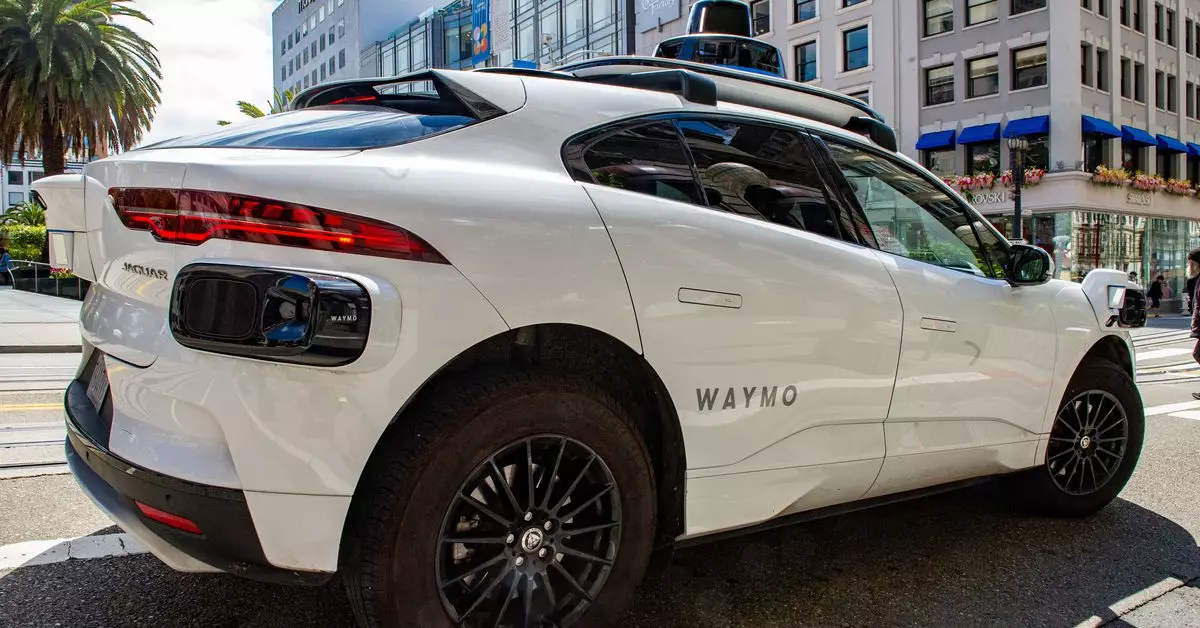Waymo, the autonomous driving division of Alphabet, has announced an exciting new chapter in its operations by launching trials in Tokyo, Japan. This marks a significant milestone for the company, as it embarks on its first experience deploying vehicles on public roads outside of the United States. Such a venture offers critical insights into the nuances of driving in a new cultural and geographical landscape, particularly in a bustling metropolis known for its complex traffic systems.
Waymo has framed this pilot initiative not as an immediate step towards launching a ride-hailing service but as an opportunity to gather essential data. With Japan’s unique driving rules—most notably, left-hand traffic and a distinct urban environment—every aspect contributes to the learning process for Waymo’s technology. The company aims to harness this data to enhance navigation and refine their systems for future endeavors. To assist in this endeavor, Waymo will employ 25 vehicles during the trial phase, which are expected to arrive in early 2025, all while being manually operated to map the area adequately.
A notable aspect of this endeavor is Waymo’s partnership with Nihon Kotsu, a local taxi service. Collaborating with an established entity in Japan’s transportation network provides a more nuanced understanding of local driving culture and compliance with regional regulations. While Waymo’s spokesperson, Sandy Karp, expressed enthusiasm for the potential of eventually serving riders in Tokyo, the current focus remains on data collection and strategic partnership development rather than commercial deployment.
Waymo has been steadily expanding its autonomous vehicle fleet in the United States but has encountered both obstacles and successes. Currently, the company operates about 700 vehicles across major cities such as San Francisco, Los Angeles, Austin, and Phoenix. The recent partnership with Uber in Atlanta illustrates Waymo’s approach to integrate with local mobility providers, making its technology accessible through established platforms.
As Waymo forges ahead in Tokyo, it can leverage the insights and experiences gained from its U.S. operations. For example, while most robotaxi services in the U.S. are enjoying gradual growth, there remain challenges related to regulatory approvals, safety concerns, and public acceptance of autonomous vehicles. These facets will be crucial as Waymo navigates the complexities of the Japanese market, known for its stringent safety regulations and consumer expectations regarding technology.
Tokyo presents a complex environment for autonomous vehicles, characterized by a high population density, intricate road networks, and a mixture of vehicle types, including bicycles and scooters. Given that the vehicles will be geofenced to specific neighborhoods such as Minato and Shinjuku, careful planning and adaptation will be necessary to ensure smooth operations within these areas. This geofencing approach allows Waymo to tailor its testing specifically to neighborhoods that are representative of Tokyo’s broader urban landscape, ultimately refining the technology under controlled conditions before a larger rollout.
The aim is not merely to deploy technology but to engage and learn from the local community. The emphasis on understanding how Waymo’s services can integrate into existing transit systems reveals a more holistic vision for the future of transportation in Tokyo, marked by collaboration rather than competition.
Waymo’s strategic move into the Japanese market, particularly with its ambitious plans for robotaxi services, comes at a time when various companies are scaling back their autonomous vehicle projects. The pivot observed in companies like General Motors highlights the uncertainties pervading the industry, which add pressure to showcase the efficacy and safety of autonomous solutions. Through its partnership with Nihon Kotsu and the use of local knowledge, Waymo aims to build a solid foundation and advance its technology at a time when the industry requires both confidence and innovation.
Waymo’s venture into Tokyo signifies more than just a geographical expansion; it represents a commitment to refining autonomous vehicle technology by engaging with diverse driving environments. With a focus on data collection and strategic partnerships, Waymo is poised to learn valuable lessons that could shape the future of mobility, both in Japan and beyond.

